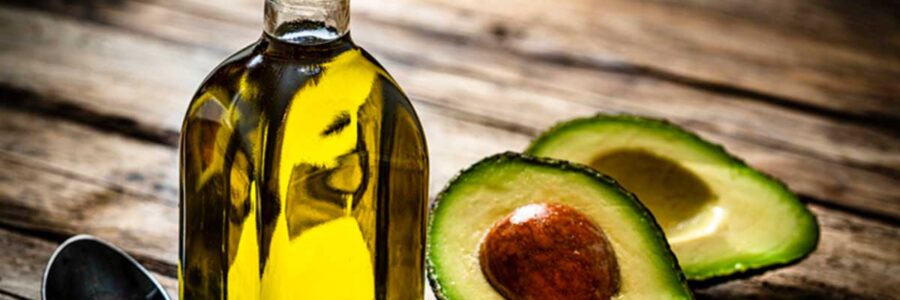Avocado oil has emerged as a highly sought-after culinary and skincare product, celebrated for its purported health benefits. This trendy oil, utilized in cooking, cosmetics, and various applications, has become a household staple in the United States. However, the purity of the avocado oil available in the market raises concerns. Recent research by the University of California, Davis, exposes a disquieting reality: 82% of tested avocado oil samples were either stale before their expiration date or contaminated with less expensive oils.[1] In this article, we delve into the implications of these findings for consumers who believe they are making a healthy choice, and we guide how to safeguard oneself from substandard products.
The Quality Conundrum of Avocado Oil in the U.S.
Quality Concerns Unveiled
Avocado oil’s appeal is rooted in its purported health advantages, making it a favored choice for those seeking a balanced diet. However, the UC Davis study uncovers a disconcerting underbelly of this popular product. Not only were most samples found to be of inferior quality, but some were also outright fraudulent. Bottles bearing claims of “pure” or “extra virgin” avocado oil contained nearly 100% soybean oil, a significantly cheaper alternative with distinct health implications.[1]
UC Davis’ Eye-Opening Study
Conducted by Selina Wang, a Cooperative Extension specialist in the Department of Food Science and Technology, the study scrutinized 22 domestic and imported avocado oil brands available in the market.[2] The results were concerning, to say the least:
- 82% of samples were either stale or adulterated with other oils.
- 15 of these samples had already oxidized before their expiration dates, leading to flavor loss and diminished health benefits.
- Only two brands produced samples that met the criteria for purity and nonoxidation, underscoring the rarity of genuine, high-quality avocado oil.
These findings cast a significant shadow over the perceived purity and health benefits of avocado oil, eroding consumers’ trust in this premium product.
The Significance of These Findings: Beyond Product Labeling
A Health Mirage?
Many consumers choose avocado oil for its health benefits, including its rich supply of essential vitamins and healthy fats contributing to heart health and other advantages. However, if the bottle’s contents consist mainly of soybean oil or have already oxidized, consumers not only face a financial deception but also miss out on the health benefits they sought in the first place.
Financial Implications for Consumers
Avocado oil is often pricier than other oil types due to the expense of avocados and the labor-intensive oil extraction process. Consumers are generally willing to pay this premium under the belief in the product’s health benefits. When the product turns out to be stale or adulterated, it results in a double setback: financial loss and the false impression of making a healthier choice.
Impact on Consumer Trust
These astonishing findings can have a lasting impact on consumer trust. The lack of transparency and authenticity in labeling may lead consumers to second-guess avocado oil and other “healthy” alternatives. This erosion of trust can have a ripple effect throughout the entire health food industry.
Navigating the Maze: Tips for Consumers
Sensory Indicators
- Authentic, fresh, virgin avocado oil should exhibit a grassy, buttery, and slightly mushroom-like taste.
- It should possess a green hue, while refined it appears light yellow and almost clear.
Storage and Freshness
Proper storage can prevent good oil from turning rancid. Store the oil away from light and heat in a cool, dark cabinet, not near the stove. If the oil emits a stale odor, akin to play-dough, it indicates that it has gone bad.
Be Informed
Opt for oil closest to the harvest or production date whenever feasible to ensure maximum freshness. The “best before date” may not always be a reliable quality indicator.
Conclusion
The avocado oil market in the United States is a cause for concern, as revealed by research from the University of California, Davis. The study found that most commercial avocado oil is stale or adulterated with other oil. This worries health-conscious consumers paying extra for quality. Consumers must exercise vigilance and stay informed due to the lack of stringent regulations and misleading labels. This article concludes with tips for navigating this murky market and encourages consumers to demand transparency and quality in their purchase of products proactively.
References:
- Green, Hilary S., and Selina C. Wang. “First Report on Quality and Purity Evaluations of Avocado Oil Sold in the US.” Food Control, vol. 116, 2020, p. 107328, doi:10.1016/j.foodcont.2020.107328.
- https://news.bftv.ucdavis.edu/food-science-and-technology/study-finds-82-percent-avocado-oil-rancid-or-mixed-other-oils.


